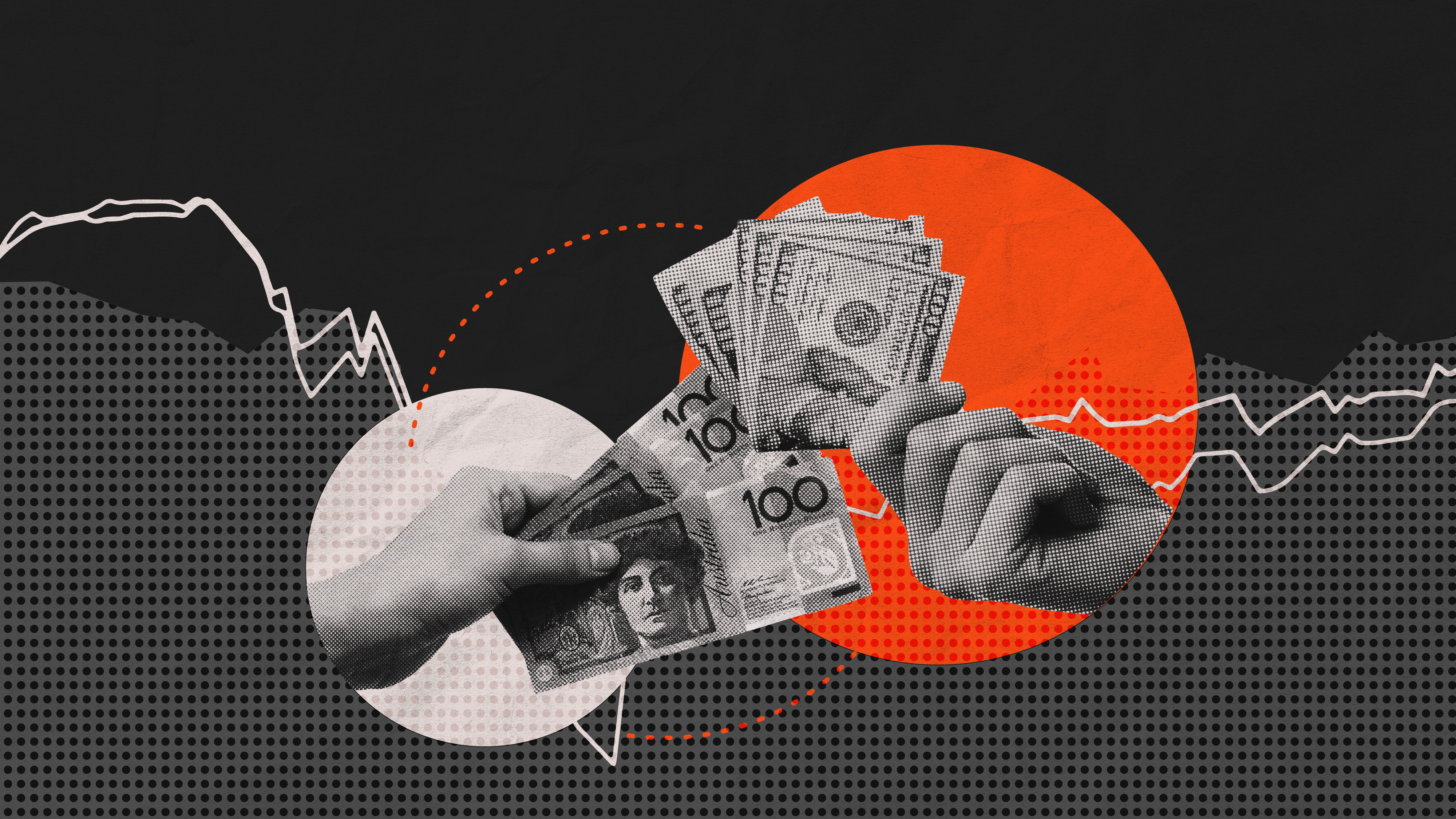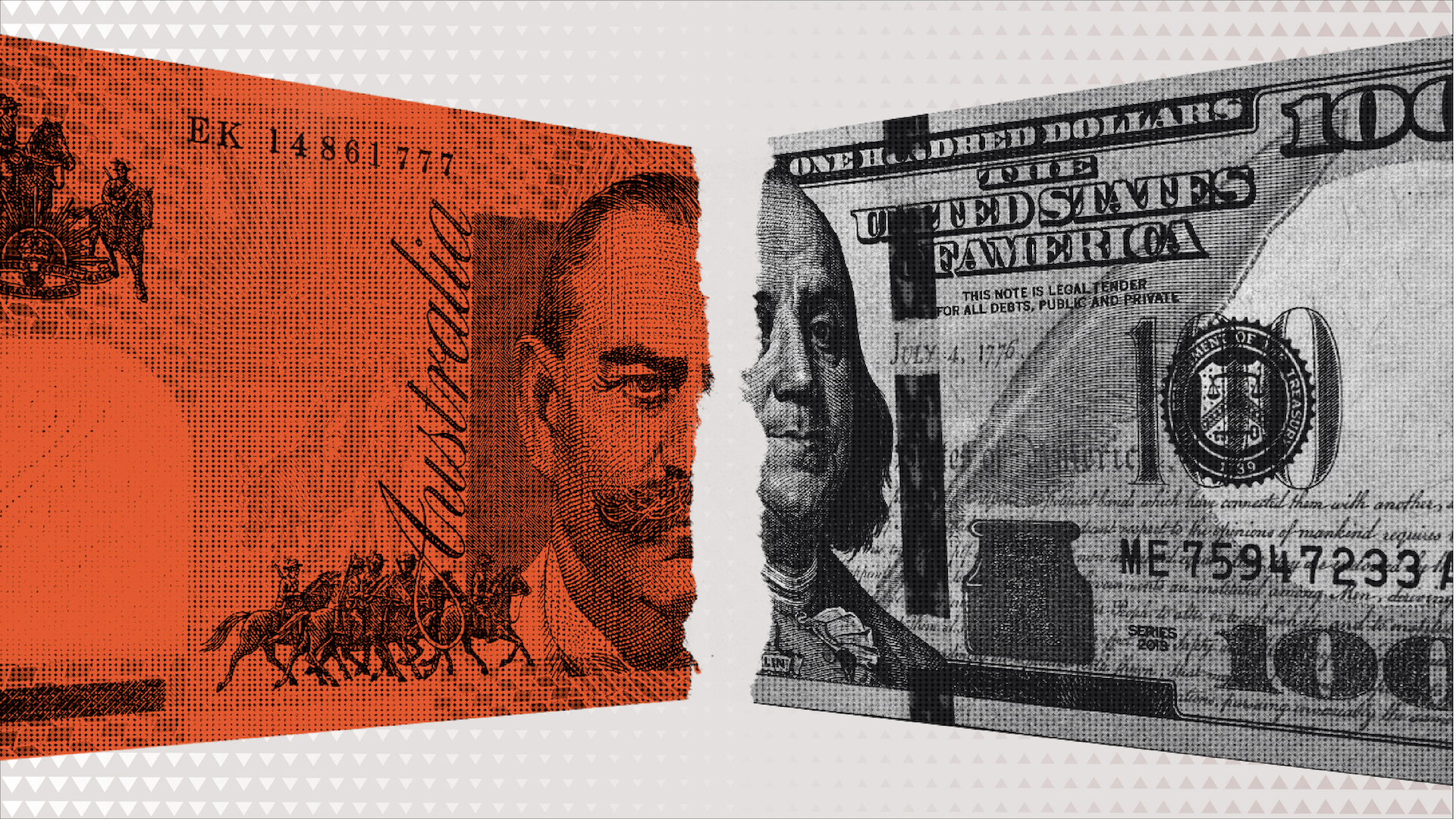
When it comes to exchange-traded funds (ETFs) and index funds, some investors may look at both as “potato, patato” and consider their differences to be negligible. This couldn’t be further from the truth.
ETFs and index funds are both useful tools for investors seeking to diversify their portfolio and gain exposure to a broad range of assets including stocks, bonds, and commodities. However, there are several key differences between ETFs and index funds.
This article compares and contrasts ETFs and index funds, highlighting their overlapping and unique features. We also provide a checklist to help you determine which investment option may be best for you based on your preferences.
Basics of ETFs and index funds
First, let’s define what ETFs and index funds are at a high level:
What’s an ETF?
An ETF is an investment vehicle that tracks the performance of a specific index, market sector, or commodity. Popular examples of ETFs include those tracking the S&P/ASX 200 or S&P 500 indices. ETFs are bought and sold on an exchange during market hours, similar to individual stocks, and their value can fluctuate throughout the day.
What’s an index fund?
Much like an ETF, an index fund is a type of investment vehicle that tracks the performance of a particular index, such as the S&P/ASX 200. However, index funds are unlisted. This means you need to apply or deal with a fund manager directly (or via a financial adviser) in order to buy or redeem units in an index fund.
Comparing ETFs and index funds: what's the same?
In examining the basics of ETFs and index funds, we see several overlapping benefits:
Diversification
ETFs and index funds expose you to a diversified portfolio of assets, helping you invest in a wide array of stocks and bonds, both domestically and offshore.
Tracking an index
Most ETFs are passively managed, while index funds by default are passively managed. This means that they do not seek to outperform the market, but rather aim to match its performance.
Relatively low costs
Because ETFs and index funds are typically passively managed, they do not require significant human resources to oversee the investments within the portfolio. As a result, they tend to charge lower management fees than actively managed options.
Potential for capital growth and dividends
Both ETFs and index funds can offer the potential for capital growth and income, depending on the underlying investments within the fund.
Comparing ETFs and index funds: what's different?
While both types of investment vehicles offer investors a way to diversify their portfolios and gain exposure to a variety of companies or assets, there are several key differences between the two that are important to understand.
ETF flexibility and ease of trading
ETFs offer more flexibility and ease of trading compared to index funds due to their ability to be bought and sold on a stock exchange during market hours, allowing investors to have greater control over when they can buy or sell their holdings and reinvest proceeds.
Index funds are typically bought and sold directly with the fund company and have less flexibility as the price is determined at the end of the trading day and redemption requests must be processed before proceeds can be used for another purpose.
ETFs let you cash out quicker when you need to
If you need to sell your ETF and access the cash quickly, you can typically do so within a few days. ETF trades are typically settled two business days after the transaction, and money transfers usually take one business day. With an index fund, the entire process of getting your money out can take 7-10 business days or more.
ETFs require less paperwork
Once you have set up an online brokerage account, you can trade any ETF without having to provide your personal details and banking information each time. This can save time and effort compared to index funds, which may require you to print and submit forms for every request.
ETFs have lower investment minimums
An ETF investment on the Australian Securities Exchange (ASX) can start with as little as $500 plus brokerage costs, making it accessible for most investors. In contrast, index fund investment minimums range anywhere from $1,000 to $500,000, making some products virtually inaccessible for retail investors.
Index funds don’t incur brokerage
ETFs and index funds both charge management fees to cover the cost of operating the fund, and may also have other costs such as trading fees and bid-ask spreads. ETFs may also incur brokerage fees when bought or sold through an online broker.
Index fund investing can be set on “auto-pilot”
Most fund managers allow you to set up a regular direct debit – usually much smaller than the minimum initial investment – into the products you choose. This can help you take a disciplined approach to investing and gradually grow your portfolio over time.
Index funds may incur more capital gains taxes
When an investor in an unlisted index fund decides to sell their units, the fund manager must sell underlying assets in order to generate cash to pay out the investor. If these sales result in capital gains, all investors in the fund may be responsible for paying a portion of the capital gains tax, regardless of whether they personally sold their units or not.
The same isn’t true in ETFs because investors sell their units directly to other investors on an exchange, so the ETF provider doesn’t need to sell underlying fund assets.
ETF vs index fund checklist
After reading this article, you should now have a better understanding of the similarities and differences between ETFs and index funds. The right choice for you will depend on your individual preferences, goals, and circumstances.
To help you make a decision, we have provided a checklist of factors to consider. Please keep in mind that this checklist is not intended to replace professional financial advice and is simply meant to help you assess your own preferences.
| Feature, benefit or risk | ETF | Index Fund |
| Ability to view and trade online | Real-time prices and flexibility | I’m okay with end of day unit pricing |
| Switching investments and accessing money quickly | Ability to switch investments and cash out capital quickly | Switching/redemption requests usually take longer than transacting ETFs via a broker |
| Investment minimums | Some ETF providers offer no minimum investment | Minimums of above $500 are usually required |
| Automated investing via direct debits | Even if there’s a brokerage fee, I’d rather invest regularly through my broker | I’d rather set up a direct debit and forget about it |
| Repetitive paperwork | I like the idea of not doing paperwork every time I invest in or sell an ETF | I don’t mind doing paperwork to buy/redeem index fund units |
| Paying brokerage fees | I’ll stump up a brokerage fee for the convenience of trading what I want, how I want, when I want, where I want | I want to avoid brokerage fees |
| Unexpected tax liabilities | I prefer ETFs as I don’t want the risk of unexpected tax liabilities when other investors sell out of the fund | I am willing to accept potential tax liabilities when other investors sell out of an index fund |
See some popular Betashares ETFs
Betashares Capital Limited (ABN 78 139 566 868 AFSL 341181) is the issuer. This is general information only and does not take into account any person’s particular circumstances. Investors should consider their circumstances and the relevant Product Disclosure Statement, available at www.betashares.com.au, and obtain financial advice before making any investment decision. You may also wish to consider the relevant Target Market Determination (TMD) which sets out the class of consumers that comprise the target market for the Betashares Fund and is available at www.betashares.com.au/target-market-determinations. The value of an investment can go down as well as up.
Formerly Managing Editor at Livewire Markets. Passionate about investments, markets, and economics.
Read more from Patrick.

